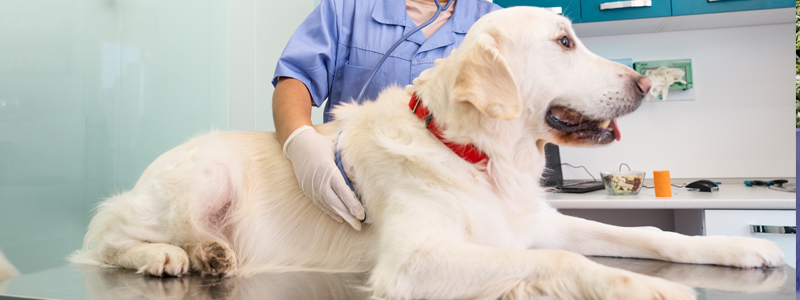BY: SAMANTHA BARTLETT, DVM
Gastrointestinal issues are common in veterinary medicine. It is estimated that GI problems are the reason for more than 10% of new veterinary visits. Despite this, little is known about GI diseases and treatments. The Texas A&M University School of Veterinary Medicine & Biomedical Science Gastrointestinal Laboratory (GI Lab) is the world’s leading GI disease research center.
The GI Lab conducts over 100 studies at any given time using their database of 2 million samples collected over the 26-year period the GI Lab has been operating. Recently, the GI Lab has developed a new diagnostic for assessing chronic gastrointestinal disease in dogs and also diagnosing future GI disease.
The Dysbiosis Index (DI) was validated by the GI Lab to distinguish between acute and chronic GI dysfunction and to detect non-GI disorders. The DI works by tracking the levels of bacteria in the gut over time allowing researchers to monitor how much the microbiome shifts. The DI can accurately predict the total shifts through DNA sequencing. By finding markers of chronic GI disease earlier, veterinarians can take steps to mitigate long-term changes to the gastrointestinal tract and reverse the microbiome changes.
The DI validation was reported in an article, Correlation between Targeted qPCR Assays and Untargeted DNA Shotgun Metagenomic Sequencing for Assessing the Fecal Microbiota in Dogs, in the August 2023 journal, “Animals.” The index is licensed through Texas A&M and Idexx Laboratories. Both organizations offer the index to veterinarians.






